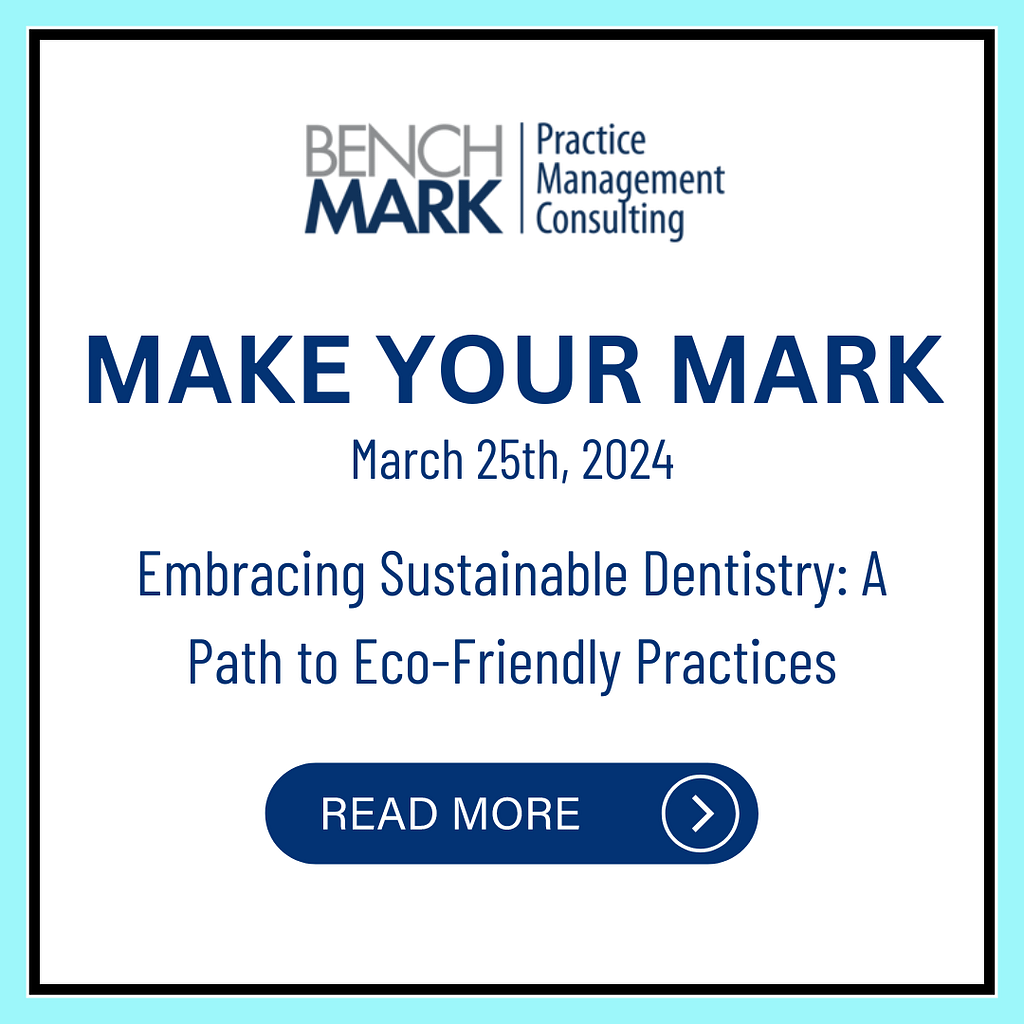In an era where environmental concerns are increasingly at the forefront of public consciousness, the dental sector is also turning its attention towards sustainability. Sustainable dentistry aims to minimize the environmental impact of dental practices while maintaining high standards of patient care.
This approach not only addresses the ecological footprint of dental operations but also aligns with the growing patient demand for eco-conscious healthcare solutions.
The Imperative for Sustainable Dentistry
Dental practices, traditionally, are resource-intensive operations that generate significant waste—ranging from single-use plastics to chemical discharges. As awareness grows, so does the responsibility to adopt more sustainable practices. The imperative for sustainable dentistry is clear: to safeguard our planet while ensuring the health and well-being of both patients and the broader community.
Transitioning to a more sustainable dental practice requires a multifaceted approach, integrating eco-friendly initiatives into various aspects of operations:
Reducing Waste:
Implement a robust recycling program for non-hazardous materials. Opt for reusable alternatives to single-use items where possible.
Properly segregate and dispose of hazardous waste to minimize environmental contamination.
Conserving Water and Energy:
Install water-efficient fixtures and autoclaves to reduce water usage.
Adopt energy-saving practices, such as using LED lighting and energy-efficient dental equipment.
Encourage practices that reduce the carbon footprint, like turning off equipment when not in use and maintaining optimal room temperatures.
Embracing Digital Dentistry:
Transition to digital records and imaging to reduce paper use and chemical processing.
Utilize digital patient communication tools to minimize paper waste from appointment reminders and billing.
Sourcing Sustainable Products:
Choose eco-friendly products for dental care and office supplies, prioritizing items that are biodegradable, non-toxic, and sustainably sourced.
Partner with suppliers who are committed to environmental stewardship and transparent about their production processes.
Educating Patients and Staff:
Raise awareness about sustainable practices among patients and staff.
Encourage patients to adopt eco-friendly oral hygiene practices, such as using bamboo toothbrushes and non-plastic floss. Train staff on sustainable waste management and energy conservation measures.
The Benefits Beyond the Environment
Adopting sustainable practices in dentistry extends benefits beyond environmental conservation. It can enhance the practice’s reputation, appealing to the growing segment of environmentally conscious patients. Many sustainable initiatives, such as reducing waste and energy use, can also lead to cost savings for the practice.
The journey toward sustainable dentistry is not just an ethical choice but a practical one that resonates with the values of patients and communities. Adopting environmentally friendly practices, dental professionals can lead by example in the dental sector, contributing to a healthier planet while maintaining excellent patient care.
As the industry continues to evolve, sustainable dentistry stands out as a key area for innovation and leadership, reflecting a commitment to the well-being of both people and the planet.




